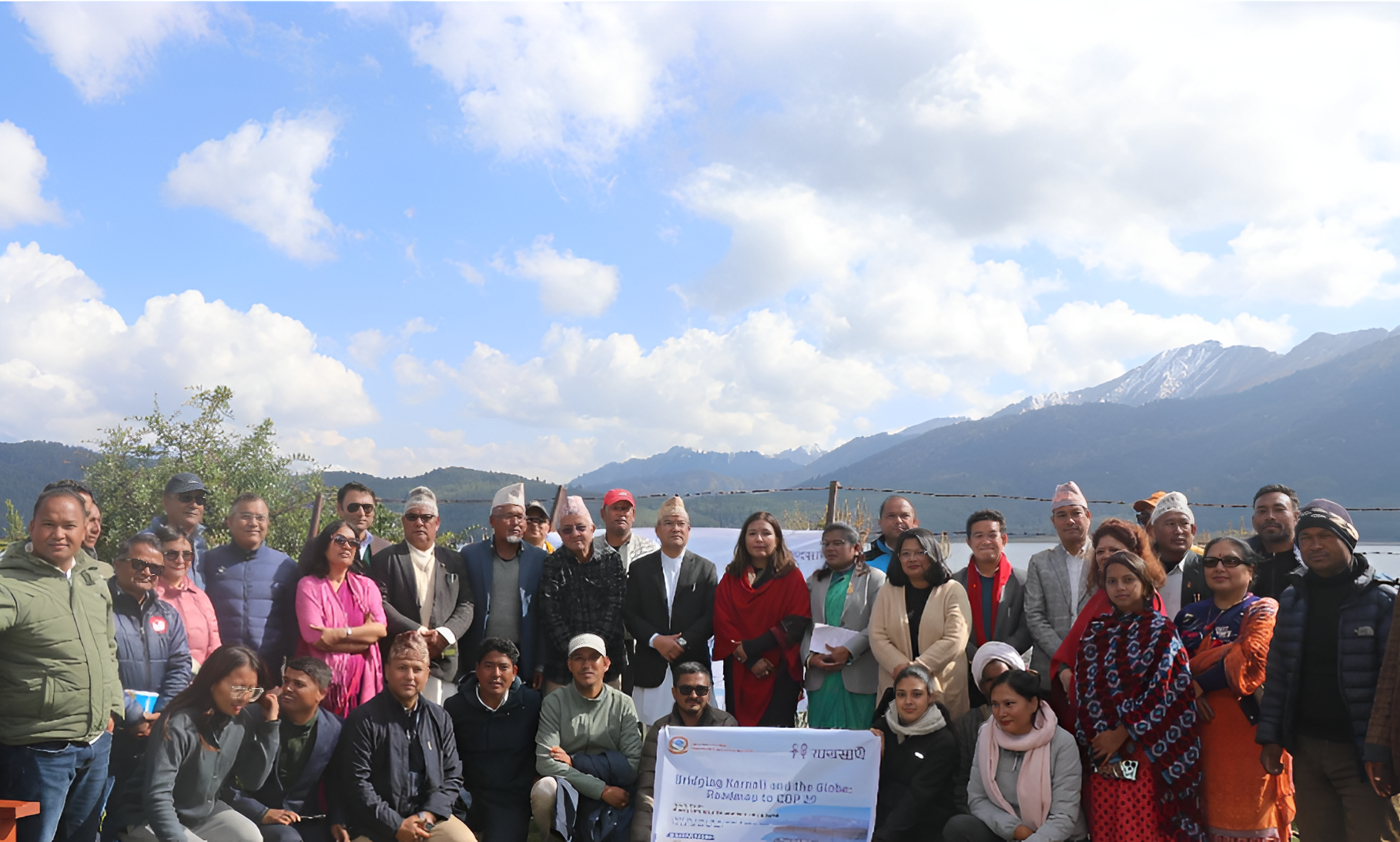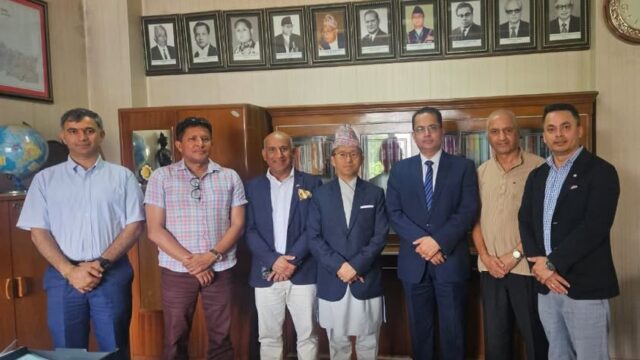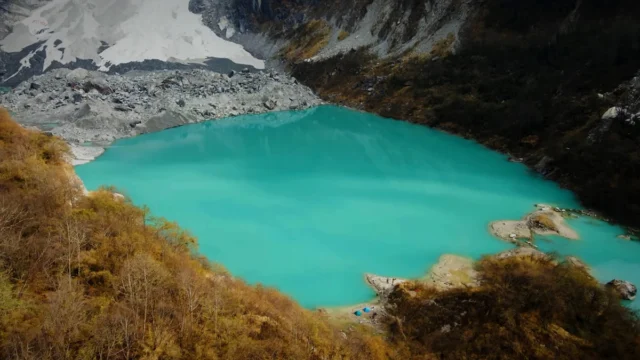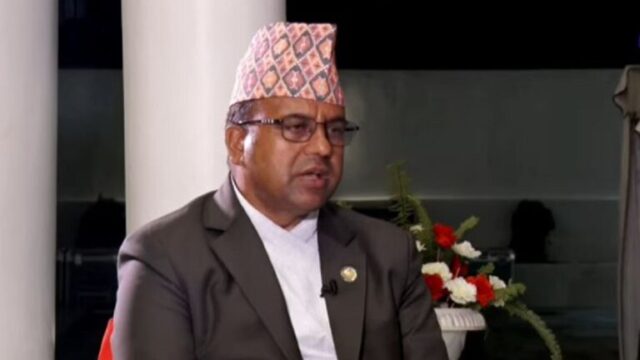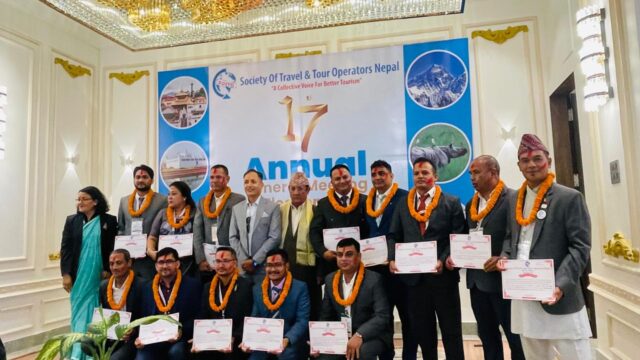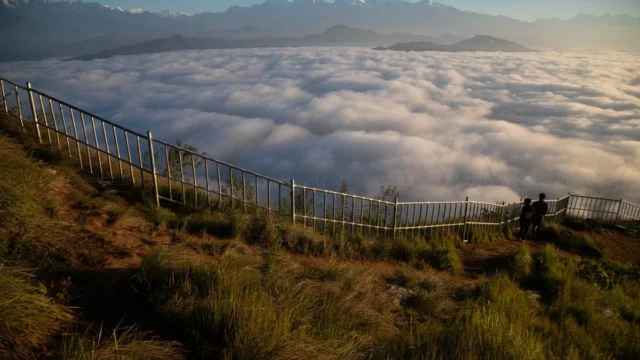A two-day workshop focused on preparing for the upcoming international climate change conference (COP29) and addressing the impacts of climate change in the Karnali region has successfully concluded. The event, organized jointly by the Ministry of Forests and Environment and the climate action organization ‘Sath Sathai,’ culminated in the issuance of a five-point declaration today.
During the event, Forests and Environment Minister Ain Bahadur Shahi Thakuri emphasized Nepal’s unique challenges in the global climate landscape, stating that the country has faced injustice despite making minimal mistakes. He assured that the Nepalese government would raise its voice on international platforms for compensation, especially regarding accessing climate fund resources at the United Nations Climate Conference. Minister Shahi also noted that the upcoming fiscal year’s budget would prioritize climate justice, given the insufficient allocations in previous budgets. He expressed a commitment to representing Karnali’s voice at COP29, highlighting the adverse effects of climate change on local communities.
Pragita Karki, chairperson of ‘Sath Sathai,’ expressed concern about the diminishing beauty of Rara Lake and the surrounding landscapes, including the Chhayanaath Himal. She underscored the need to understand the implications of climate change on local livelihoods and to amplify Karnali’s voice globally.
The workshop featured various presentations from notable participants, including former Foreign Minister Dr. Bimala Rai Poudel, climate expert Dr. Manjit Dhakal, Ministry advisors, and representatives from organizations such as the Nepal Tourism Board and the Press Council of Nepal. Local government representatives and conservationists also engaged in group discussions, sharing insights on the local impacts of climate change.
The workshop concluded with the significant finding that Nepal as a whole is at high risk from climate change, with the Karnali province facing even greater threats.
Highlights from the Five-Point Declaration:
1. Low Resilience in Karnali: It states that Karnali Province has an extremely low capacity to combat the risks posed by climate change.
2. Priority for Climate Action: Emphasizes the need for all levels of government to prioritize climate risk management and implement climate-friendly initiatives in their development programs.
3. Focus on Vulnerable Communities: The declaration calls for highlighting the effects of climate change on women, children, youth, and marginalized communities in international forums.
4. International Cooperation Needed: It stresses the importance of international collaboration to combat the impacts of climate change and seize opportunities for climate-friendly development in Nepal.
5. Enhancing Local Government Capacity: It underscores the necessity for local governments to enhance their capabilities in risk management and to address the effects of natural disasters linked to climate change. The declaration calls for special initiatives to discuss climate financing needs during the upcoming COP29, focusing on the impacts of climate change in Nepal and the potential for implementing climate-friendly programs.
This workshop marks a significant step in addressing the urgent climate challenges faced by the Karnali region, providing a platform for dialogue and cooperation among various stakeholders.
